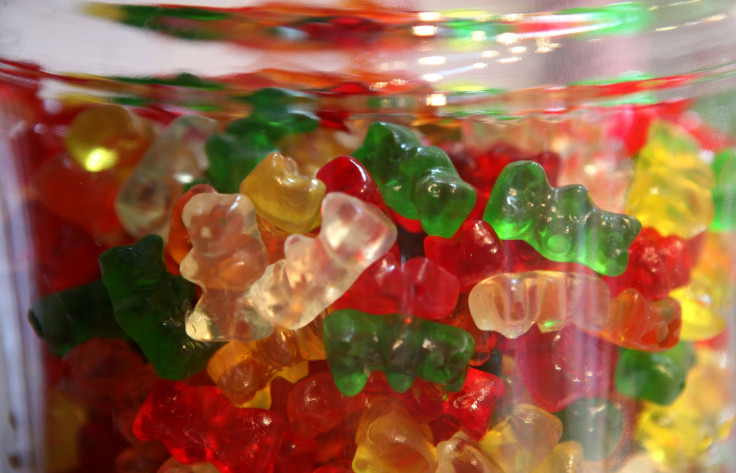Why marijuana makes you hungry: Cannabis munchies mystery solved by Yale scientists

The neurons involved in appetite suppression are the same ones that give you the "munchies" when taking marijuana, scientists have discovered.
The munchies is the uncontrollable urge to eat after using cannabis. This link between cannabinoids and appetite has long been known, but exactly what happens in the brain has remained a mystery.
However, scientists at the Yale School of Medicine have found a group of nerve cells called pro-opiomelanocortin (POMC) neurons are responsible for the increase in appetite.
Speaking to IBTimes UK, lead author Tamas Horvath said: "There is a phase – about 90 minutes into it – that all of a sudden you have this interest in food. Whatever food is in front of you – mainly sweets though – and it's important to ask if they go hand in hand or are separate responses."
The study, published in the journal Nature, used mice to examine the brain circuitry that promotes eating by manipulating the cellular pathway that mediates the drug's action on the brain. They ended up finding the opposite of what they expected.
"We were shocked," Horvath said. "We didn't mean to find what we found. It was a simple controlled study where we wanted look at these neurons where we suspected they should be off, to see if they were off, and under these conditions if cannabinoids induce feeding. We found they sped up, which was a shocking surprise for us."

The researchers found that the same mechanism that normally turns off feeding becomes the driving force behind the munchies: "It's like pressing a car's brakes and accelerating instead," he said. "We were surprised to find that the neurons we thought were responsible for shutting down eating, were suddenly being activated and promoting hunger, even when you are full. It fools the brain's central feeding system."
Previous research into the munchies has found cannabis increases an animal's ability to smell, leading them to eat more. Another theory is to do with the brain pathway known as the endogenous cannabinoid system, which affects the body's stress levels and desire for food. Chemicals in the drug combine with the brain to cause extreme snacking.
However, in the latest study, Horvath and his team looked at POMC and its impact on hunger. Normally, these neurons store chemicals that suppress feeding after eating. "But when these cannabinoids come into play, suddenly they switch to another chemical that promotes hunger – an opiate endorphin. That's the simple mechanism for why these neurons all of a sudden become a supporter of feeding rather than suppressor."

The mice were treated at night when they were supposed to be sleeping and had eaten enough during the day to not be hungry. They ate about three to four times more than they were supposed to after being treated with cannabinoids.
Horvath said they are interested in investigating the link between the munchies and other behavioural responses to using marijuana. The authors argue that if people with appetite suppression were exposed to these cannabinoid signals, you could switch it so they had increased hunger.
"We're interested in understanding whether simple mechanisms that drive feeding response to cannabis might also relate to other aspects of cannabinoid induced behaviours or perceptions in the brain. It could be the same pathway."
The researchers also note their findings are important to treating cancer patients who lose their appetites as a result of treatment. "This is so important for these people to be able to eat and replenish their energy," Horvath said. "It's something that should be pursued."
© Copyright IBTimes 2025. All rights reserved.






















